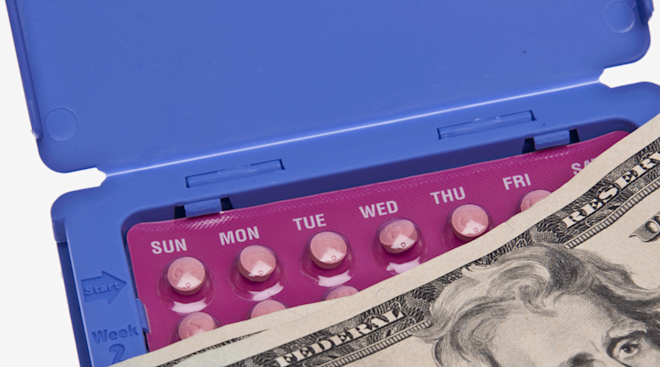Apparently, timing is everything.
According to the findings from a study conducted by Princeton University, there’s a 10 percent higher rate of prematurity among babies conceived in May than any other month. Study authors Janie Currie and Hannes Schwandt, researchers at the Center for Heath and Wellbeing at Princeton University, found that the rate may be due to the fact that moms-to-be began their third trimester around flu season — which is a known factor in kick-starting early delivery. A preterm delivery can result in asthma, developmental delays and learning disabilities for babies later in life.
But that’s not all Currie and Schwandt found. They found that babies conceived in summer months (June-August) were almost a third of an ounce (8 grams) heavier than babies born in other months.
Together, the duo compared more than 1.4 siblings born to 647,050 mothers in New York City, New Jersey and Pennsylvania. They found that a high[-socioeconomic-status] mother getting pregnant in an unfavorable month will, on average, experience similarly poor birth outcomes as the typical (lower socioecomonic status) mother conceiving in [an] unfavorable month. But just what about the flu makes moms deliver sooner than their due dates? “It’s possible,” study authors write, “inflammation, which increases in response to the flu and has been linked to other studies with early delivery, may be behind the premature birth.” As for women delivering heavier babies in the summer, researchers say, “Women gain almost 1 lb. more when they conceive in June, July, or August than when they conceive in January, suggesting that gains in birth weight are driven, in part, by higher maternal weight gain during pregnancy.”
With all the bad buzz surrounding May babies, we took a deeper look into whether or not there really is a good month to conceive — or even a good month to deliver. Here’s what we found:
Earlier this year, a study published in the journal JAMA Neurology found that newborn babies’ immune systems and vitamin D levels differ depending on which month of the year they’re born in. The study found that babies born in the month of May appear to be at the greatest risk for MS and babies born in November appear to have the lowest MS risk. The JAMA study also took a look into blood samples from over 50 babies born in November and 50 babies born in May. They found that May babies had significantly lower levels of vitamin D and babies born in November showed lower signs of autoreative T-cells.
Shortly after the vitamin D study, the American Journal of Obstetrics & Gynecology concluded that sperm is affected by the seasons — their findings even showed that sperm is healthiest (and most likely to get you pregnant) in the winter and spring.
But that’s not all, folks! The CDC released the most popular months to have a baby — and this is sure to shock you. Last year, the most popular birth month was August, with over 362,000 babies born. The least popular month was February, with only 305,000 babies welcomed.
So, here’s what we’ve learned to date. Your baby will be born heavier if he’s delivered in the summer, yet be born in the most popular month of the year. May babes will have significantly less vitamin D and be at higher risk of MS but they’ll have way more autoreactive T-cells than any other month and they’ll come from the healthiest sperm. February babies are the least popular in the food chain, since they had the lowest number of births in 2012. November is a bad month for babies looking for high levels of autoreactive T-cells, but they’ll have an abundance of vitamin D. Confused yet?
When did you have your baby? Did you experience any complications?
Navigate forward to interact with the calendar and select a date. Press the question mark key to get the keyboard shortcuts for changing dates.




















































